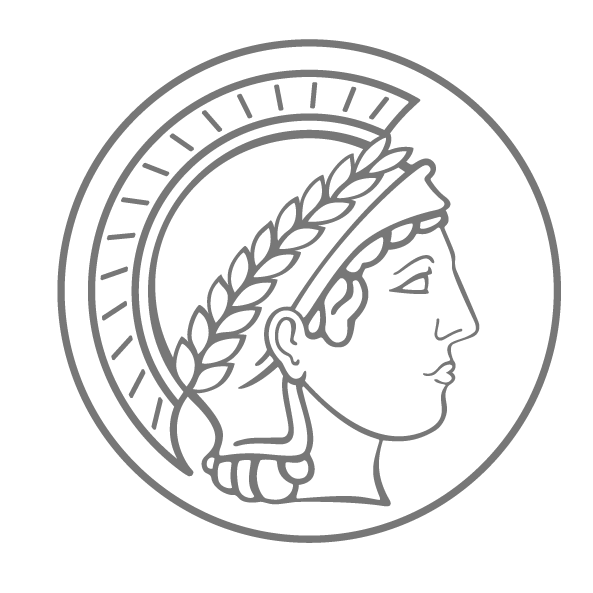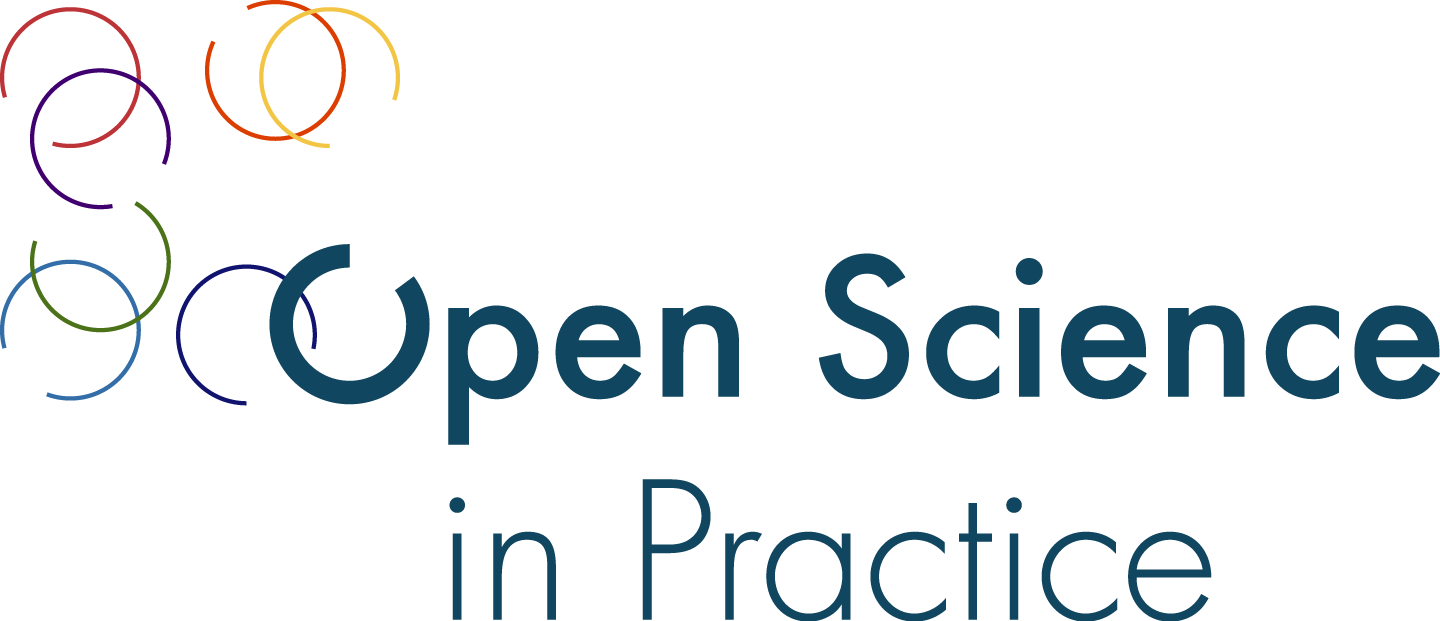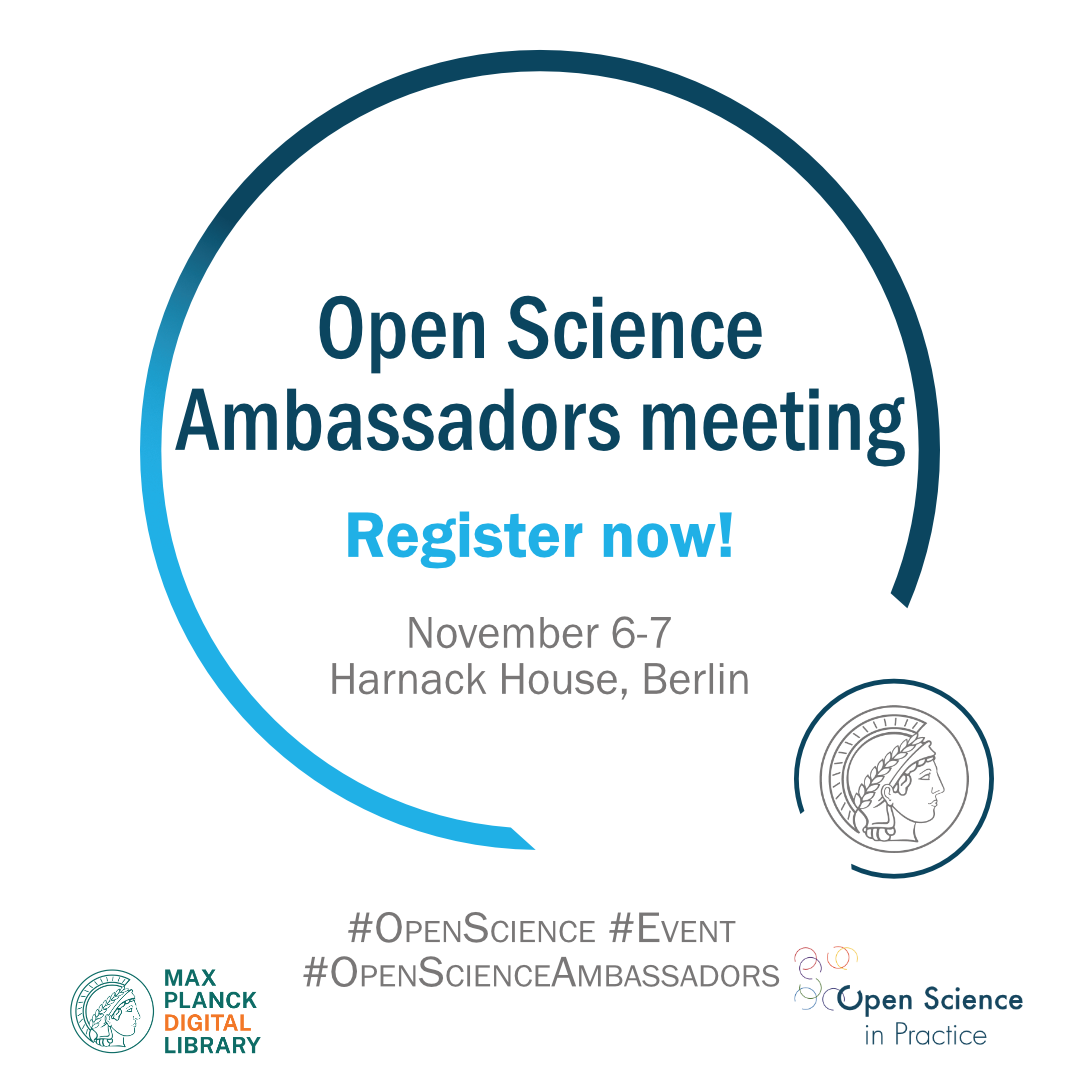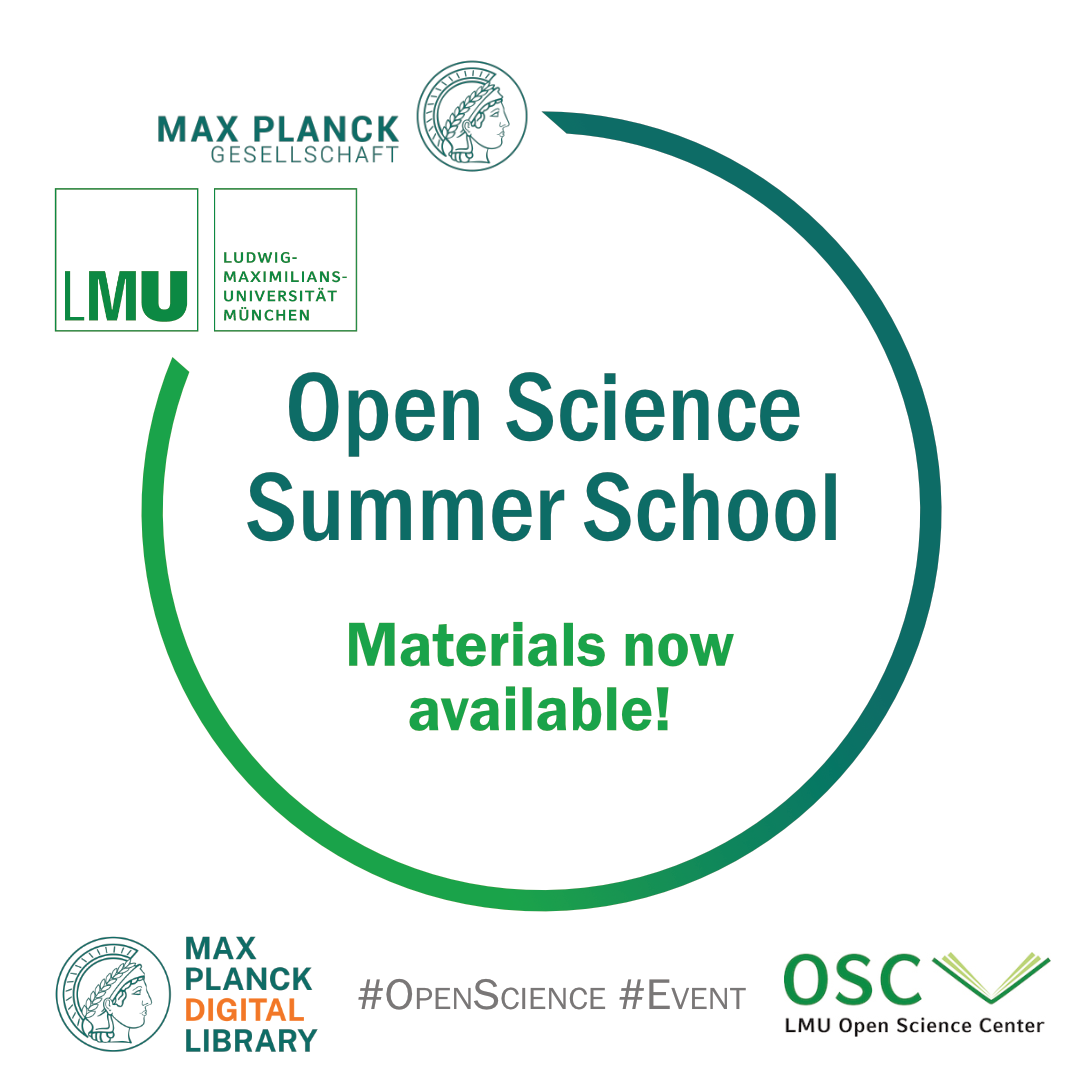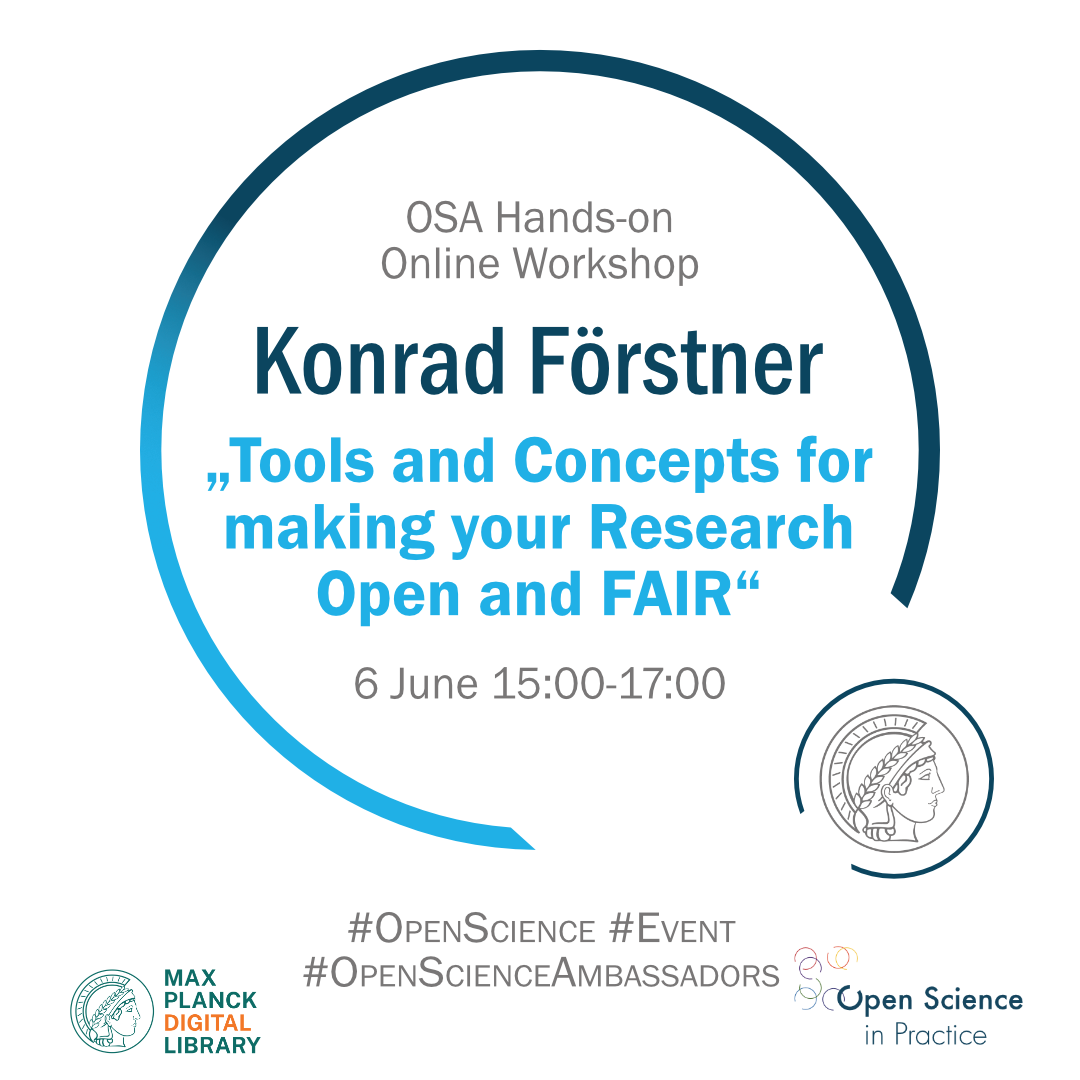Public Lectures
Anyone can register at any time before the end of the summer school to attend one, multiple, or all lectures online.
Register here: https://www.pretix.osc.lmu.de/lmu-osc/SS24/
Felix Schönbrodt: Replicability crisis
Monday 9 September, 10:45-12:00
Prof. Dr. Felix Schönbrodt, LMU Open Science Center Managing Director and Professor of Psychology at the LMU, will set the scene and present an overview of the replicability crisis across fields, and an introduction to open research initiatives.
Malika Ihle: Credible research
Monday 9 September, 14:30-15:30
Dr. Malika Ihle, LMU Open Science Center coordinator, will give an overview of open research practices and will introduce the workshops of this summer school. She will argue that to make your research the most credible and the most likely to replicate, you can engage with preregistration, to increase the reliability of your research, and with a finite set of computing tools, to increase the reproducibility of your workflow.
Ádám Dér: Open Access
Tuesday 10 September, 9:00-10:45
In the rapidly evolving landscape of scholarly communication, Open Access (OA) has emerged as a pivotal model for disseminating research freely and widely. Ádám Dér, Head of the Scientific Information Provision departement at the MPDL, will dive into the various different routes to Open Access from the nationwide DEAL agreements to self-archiving Green OA possibilities. Furthermore, the lecture will offer practical guidance for researchers on navigating the Open Access ecosystem including APCs and copyright licences. He will also go into the business models of scientific publishers and take a critical look at the science tracking activities of these companies.
Richard McElreath: Science as amateur software development
Tuesday 10 September, 11:00-12:00
Science is one of humanity’s greatest inventions. Academia, on the other hand, is not. It is remarkable how successful science has been, given the often chaotic habits of scientists. In contrast to other fields, like say landscaping or software engineering, science as a profession is largely *unprofessional* —apprentice scientists are taught less about how to work responsibly than about how to earn promotions. This results in ubiquitous and costly errors. Software development has become indispensable to scientific work.
Prof. Dr. Richard McElreath, Director of the Department of Human Behavior, Ecology, and Culture at the Max Planck Institute for Evolutionary Anthropology, Leipzig, will playfully ask how software development can become even more useful by transferring some aspects of its professionalism, the day-to-day tracking and back-tracking and testing that is especially part of distributed, open-source software development. Science, after all, aspires to be distributed, open-source knowledge development.
Tim Errington: Investigating the replicability of cancer research
Tuesday 10 September, 17:15-18:00
Replicability is an important feature of scientific research, but aspects of contemporary research culture, such as an emphasis on novelty, can make replicability seem less important than it should be. The Reproducibility Project: Cancer Biology was set up to provide evidence about the replicability of preclinical research in cancer biology by repeating selected experiments from high-impact papers. A total of 50 experiments from 23 papers were repeated, generating data about the replicability of a total of 158 effects.
Dr. Tim Errington, Senior Director of Research at Center for Open Science, will present and discuss the results and implications of this large replication project.
Felix Schönbrodt: Data sharing
Wednesday 11 September, 13:30-14:45
Prof. Dr. Felix Schönbrodt will explain why we should share data and the fundamental of data sharing practicalities. He will explain the FAIR principles and their role in making science “as open as possible, and as closed as necessary.” Furthermore, he will address the balancing act between different values at play when considering the openness of data and how to navigate that path.
Sabina Leonelli: Philosophy of open science
Wednesday 11 September, 17:15-18:00
Prof. Dr. Sabina Leonelli explores the transformative impact of open science on the research community and society at large. She offers a constructively critical perspective on open science, emphasizing the need to move beyond object-sharing towards a more comprehensive understanding of openness. With her research project “The PHIL_OS project”, she aims to develop an empirically grounded philosophy of Open Science that emphasises the diversity of research environments around the world and articulates the conditions under which OS can leverage such diversity to promote good research practice. She is also the Director of the Ethical Data Initiative, which fosters responsible data sharing practices in collaboration with the Research Data Alliance, CODATA and many other institutions.
Malvika Sharan: Contributors, authors, and their acknowledgements in research
Thursday 12 September, 9:00-9:45
Dr. Malvika Sharan, senior researchers at the Alan Turing Institute, addresses the crucial role of acknowledging contributions in Open Science, emphasizing inclusivity, equity, and transparent authorship. She explores the ethical foundations of Open Science and the importance of fair authorship practices. Aside from the CRediT (Contributor Roles Taxonomy) standard, she will introduce The Turing Way project. Providing a behind-the-scences of supporting its diverse community of researchers, educators, policymakers and other stakeholders.
Jonas Hagenberg: Clean code
Friday 13 September, 9:00-9:45
Jonas Hagenberg, PhD student at the Max Planck Institute of Psychiatry, highlights the critical importance of writing clear, understandable, and maintainable code in the context of scientific research. He addresses the common challenges researchers face when developing code emphasising the gap between functional code and code that is accessible to others. The lecture introduces key principles of clean code, peer review of code, and the integration of open-source practices to foster collaboration and reproducibility in research findings.
Panel discussion “Open science incentives and institutional change”
Friday 13 September, 13:30-15:30
This panel discussion will explore the evolving landscape of open science, focusing on the reforms of research assessment criteria promoted by initiatives such as the Coalition for Advancing Research Assessment (CoARA) and the Declaration on Research Assessment (DORA). Featuring experts from several stakeholders’ groups, providing perspectives from a funder, a research institution, and a university, the session aims to dissect how institutional changes can provide incentives for more transparent, and accessible research practices. Attendees of the Summer School will have a unique opportunity to engage with these experts, voicing their questions and concerns about aspects of Open Science that lie beyond their direct influence. This dialogue promises to shed light on the collaborative efforts required to reshape the academic ecosystem. The experts on the panel will be:
Dr. Angela Holzer
Dr. Angela Holzer is a humanist scholar trained in Germany, Italy and the US. She received her PhD from Princeton University. She has worked for the DFG (German Research Foundation) in various capacities and has been responsible for strategic development and funding of Open Access and Licensing since 2017. She is currently Programme Director for “Scientific Library Services and Information Systems” at the DFG Head Office and main author of the position paper of the DFG on Open Science, while also taking part in DFG activities regarding publishing and assessment. Additionally, she is a member of the steering committee for the focus “Digitalization in Science and Research” of the Alliance of Science Organisations and belongs to the interest group “Incentives and Reputation” within this focus.

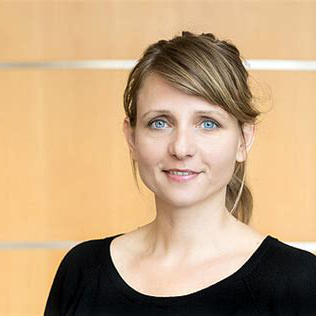
Dr. Miriam Kip
Dr. Miriam Kip obtained her Doctor of Medicine from the Charité – Universitätsmedizin Berlin and a Master’s Degree in Global Public Health from the New York University. She has been working for the Berlin Institute of Health (BIH) since 2017. Currently, she is the Lead of her own Research Group, which contributes to the alignment of internal administration and governance processes of incentives and research assessments with responsible research and innovation (RRI) as well as open science practices. She is also the CoARA representative of the Charité and the BIH and involved in science policy developments.
Dr. Irene Haslinger
Dr. Irene Haslinger is a trained linguist and recieved her PhD from the Tilburg University. She worked for several years as a policy advisor at the National Library of the Netherlands and is currently the Library Director of the Delft University of Technology. As the Programme Manager Open Science, she developed the Open Science Strategic Plan “Research and Education in the Open Era” and was heavily involved in the institutional implementation of Open Science training and support at TU Delft.
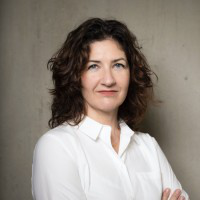
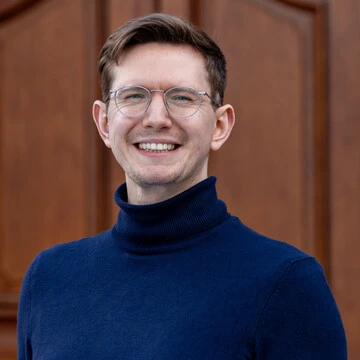
Dr. David Philip Morgan (Moderator)
Dr. David Philip Morgan has a background in experimental psychology and received his PhD from the University of London. Since 2022 he is the Open Science Officer at the University of Mannheim and a Research Data Consultant for the Social Sciences. As a member of the steering group of the German Reproducibility Network, he will bring current discussion points from the wider German open science community to the panelists.
